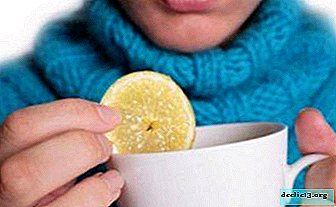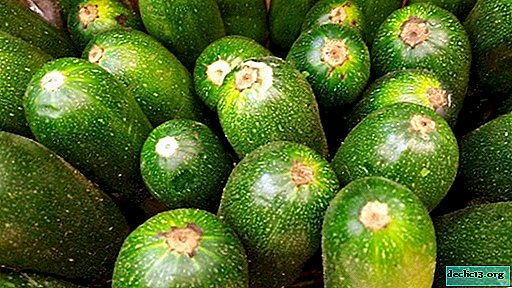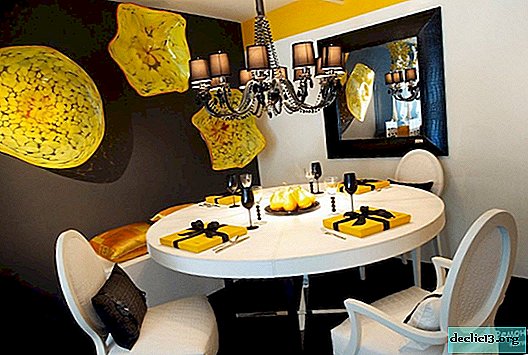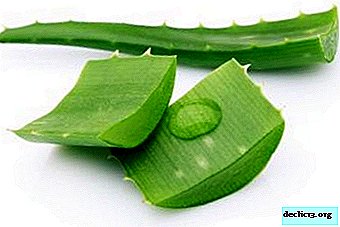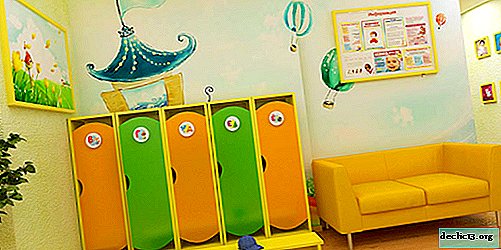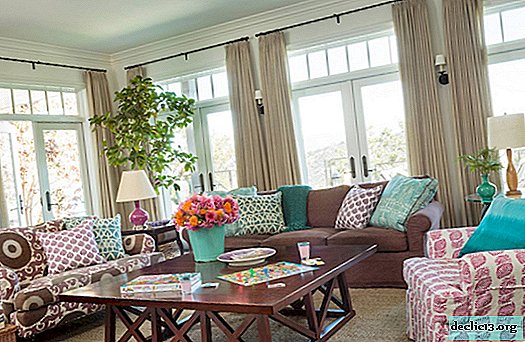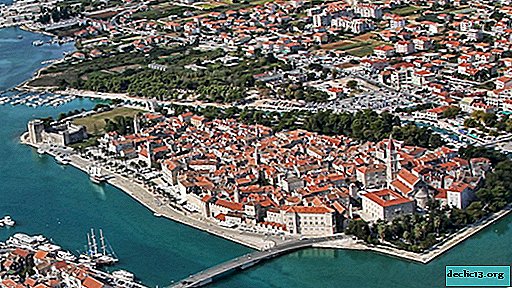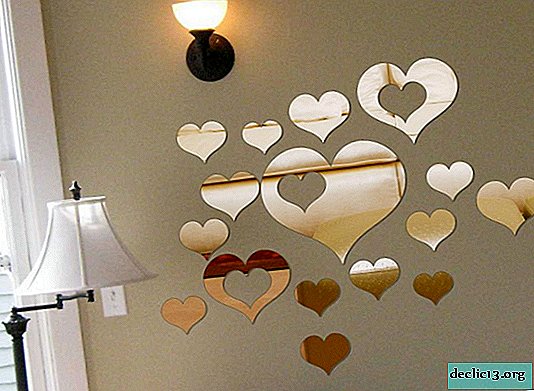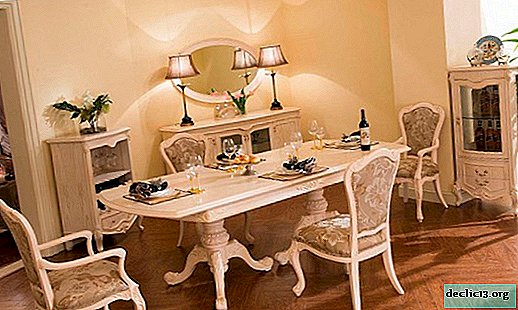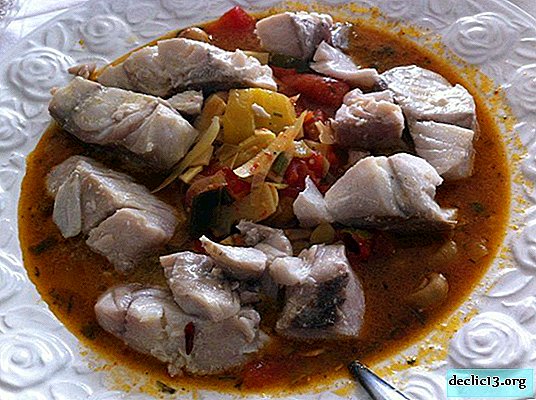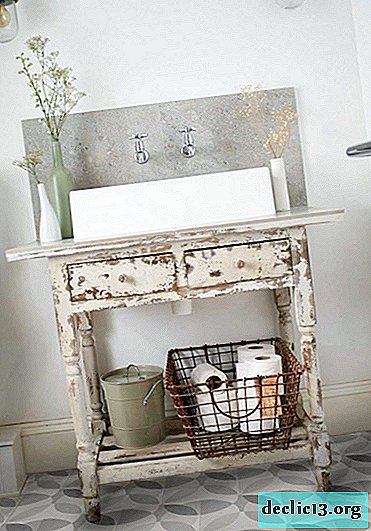Rustic style or what is rough country?
Content
- Style features
- Materials
- Colors, furniture and decor

 Rusticity - defines rudeness and the most simplified execution of the style of the interior. The use of rusticity in styles using exclusively natural materials, both for cladding and for decoration, is especially relevant. Country is the main style in which such trends are widely applied.
Rusticity - defines rudeness and the most simplified execution of the style of the interior. The use of rusticity in styles using exclusively natural materials, both for cladding and for decoration, is especially relevant. Country is the main style in which such trends are widely applied.
The development of country style has evolved since its inception. Keeping the main features, country easily interacted with all architectural and design trends in Europe. The rustic style incorporated soft colors from the Spanish style, French decorative elements and more and more moved away from the understanding of "rural being". Influenced by the growing chalet style, which is associated with an elite house in the Alps, the rustic country performance has returned to the list of fashionable interior styles.
Deprived of pomposity and complexity in color schemes, a rustic country, logically completes a round of fashion for interior styles. The predecessors were styles with a simplified laconic form - minimalism and techno, after which the choice of eco-styles became modern. Combining simplicity, accessibility, luxury in its natural manifestation, a rustic country comes out of the shadow of history in a timely manner.
Style features
It is practically impossible to create an inspired interior without fully understanding what emotional load it carries. Country moves us away from the futuristic representations of the hall, the plastic aesthetics and the grand-lush classics. The main goal is to create a cozy, comfortable and bright space. Forms and colors are designed to give a sense of calm, confidence, reliability. Aesthetically cohesive rustic style looks in a country house, giving it an unshakable look of family property.

 One of the advantages of style is simplicity, which is subject to the hand of even a novice designer. Following the basic rules, everyone can recreate the idea of a country house.
One of the advantages of style is simplicity, which is subject to the hand of even a novice designer. Following the basic rules, everyone can recreate the idea of a country house.
Simplicity always requires a lot of “air” - the space is not occupied by furniture and decor items. Since dark colors prevail in the scales, visually reducing the area, only large-sized rooms are suitable for decoration.
Each of the cladding elements should be made of natural rough materials. If desired, you can make the effect of "antiquity", in order to give dignity and textural expressiveness to coatings. Mandatory furniture elements should have a man-made look, and this is not about works of art at the hands of masters, but the most simple and affordable hand-made items from improvised eco-materials.
It is important to note that the style does not exclude the use of household appliances, which is an attribute of modernity. First of all, the space should be convenient and functional, so any modern technology is masked and decorated to suit the style of the room.
The decorative part of the interior is minimal, not any large items. In moderation, textiles and wall decorations. A special role in creating the atmosphere is played by lighting, which creates an aura of peace and coziness.
Materials
According to the legislative features of country, only natural, environmental materials are used. In the ratio of the cost of materials to create a rough country style, you can draw a parallel with the best performances of historical and classical styles.
Synthetic facing materials are less budgetary, in comparison with natural ones. Artificial stone, PVC wood panels, plastic windows - all this can be used without compromising aesthetics.
Walls
The simplest and most current wall cladding for a rustic style - plaster. Since in the original version the walls were lined with white without leveling and sanding, texture roughness would be appropriate.
Lining more decorative from the decorative point of view - wooden panels. This can be an even horizontal row or partial decoration of one of the walls. If the tree acts as the main facing material, its severity, fiber, roughness play a crucial role. But, for decorating individual parts using wood, you can use pvc panels under the wood.

To create more radical variations of country, wall cladding requires the addition of massive elements - a natural stone. Stone is a very complex material for wall cladding. He does not take aesthetics, but the texture and the play of shadows on the walls make the room too gloomy and oppressive. In the best execution of rough country stone acts as a facing material for individual areas in the interior - a fireplace, a working area in the kitchen or a bar.

In the form of facing material can act ceramic tile close in aesthetic qualities to a stone: angular, natural shades and without a pattern.
Not recommended use wallpaper and coloring.
Floor
The floor cladding should logically complement the wall cladding. The best material for facing - parquet board. Any colors and textures of wood will emphasize simplicity and add a special kind of landscaping.

If for walls natural a rock is used more as a decorative material, then for the floor this material is used as an integral cladding. Large space is often divided into several separate zones. You can emphasize and highlight zones with the help of flooring. Stone and wood are well counted in various proportions and complemented by separate carpeted islands.


Not recommended to perform flooring from glossy and synthetic materials. Laminate, linoleum, self-leveling floors and ceramic tiles are far from the logic of rustic rustic design.
Ceiling
The ceiling is the most difficult plane, since the task is not to “raise” the ceiling using light and light materials, but to “load” it with large wooden elements. In almost all variations of the interior of this style, large wooden beams are used, which require sufficient space between the floor and the ceiling. If a standard room with ceilings no more than 3.5 m high is made out, then fake wooden beams are used.
The ceiling lining is done in two layers. The first is background and it is executed using plasters. Options with staining, but the color should be matte and muted, more reminiscent of the old whitewash. The second layer is large wooden beams.


Windows, doors
A reasonable addition to the style will be simple wooden doors with geometric glazing without glazing. The simplest accessories made of dark metals.
The choice of windows is much more difficult. In the trends of rusticity - strict wooden frames, large in size with a large number of divisions. But, since wood is an expensive material that does not always satisfy the budget, it is possible to use laminated PVC windows to match the color of the wood. 

 Large windows should be preferred, as natural lighting is crucial for the interior.
Large windows should be preferred, as natural lighting is crucial for the interior.
Colors
The basis is taken on the sheet calm shades of natural colors. The main rule is to avoid bright color accents, contrasts as much as possible. The construction of the color composition takes as a basis one color that falls into the border between green and brown. Gray, blue and sand are complementary.
Country is the simplest style in building color plots. Almost all facing materials have their own natural color, which is the basis that does not require refinement. Rustic style allows you to use all shades of wood and natural stone, even the darkest, as this will only emphasize simplicity and rudeness.




Furniture
Finishes and colors do not define style as furniture does. Rough hand-crafted items are the main feature of a rustic country performance. Literally, rustic furniture, of strict geometric shapes, without lacquered surfaces: open cupboards, overall cabinets, stools.
Furniture should look like "the last century": simple, loose, reflecting its "history". Any furniture defects are a special emphasis necessary for the surroundings, therefore they are not only not hidden, but rather emphasized. The best option for wooden furniture is an individual order, designed to meet the requirements of style from raw materials.
Upholstered furniture is used only for its intended purpose, in those parts of the room where it is provided. Coarse fleecy fabrics or dark leather can serve as a finishing material for a sofa and armchairs. Needlework trimmings from fabric flaps are very relevant.



Lighting and accessories
Lighting is one of the most important stages in creating an atmosphere in the interior of a rustic country. The location of the lighting fixtures is selected according to the requirements of the room, referring to the basic rules of comfort:
- the working area is highlighted by additional spot lighting;
- a large room has mandatory central lighting;
- the recreation area has additional diffused lighting;
- decorative lighting is used pointwise.
Central lighting is a functional and decorative attribute, so massive large chandeliers with long fixtures for mounting are selected. In very large rooms, chandeliers are used in the design resembling a chandelier (chandelier * - a lamp with many candles)
Additional and decorative lighting is installed at eye level and on the floor. Since a fireplace acts as an obligatory decorative attribute, all decorative lighting devices are selected by the type of lighting close to the natural flame of a fire: soft, warm diffused light. All lamps have a simple, simple form and are made of wood or metal with a translucent shade.


The decorative part of the interior, which is performed by accessories and various additions, is always directly related to everyday life. Utensils and household items are used. We apply in large quantities textiles: pillows, rugs, carpets, curtains. A good picture is complemented by living plants and fruits.

A special object is the fireplace, which creates a central decorative zone. It can be either real or electric. The main task is to place open fire in the interior. In addition, candles can be used.



